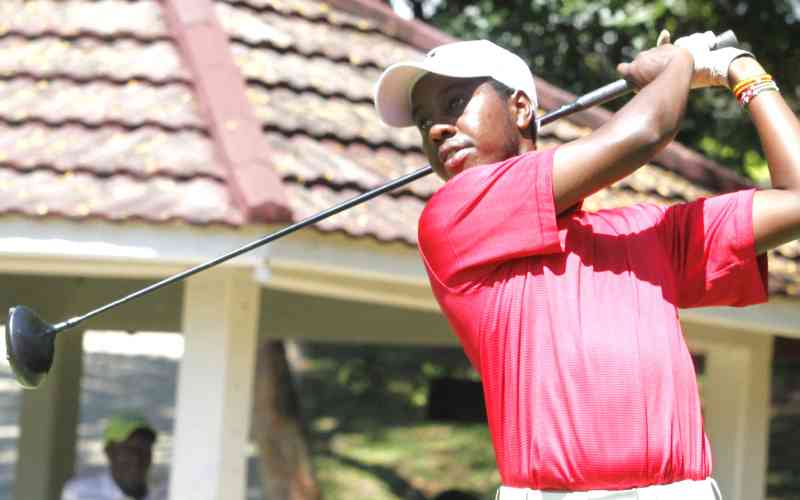By Jeckonia Otieno
Lucy, a new mother at 15, cuddles her two-month-old baby as her two elder brothers go about their domestic chores in Bungoma County. Their mother died a few years ago, so there is nobody available to guide them on how to care of the baby.
Lucy has been out of school for most of the year, having dropped out in Class Seven to carry her pregnancy to term.
The baby’s father is a 19-year-old teenager in Form Two, who urged her to keep the baby. But the chances of the teen mother and her boyfriend having a happy future together seem slim.
Lucy’s father works at a butchery in the nearby Chwele trading centre. Both of her brothers have dropped out of school so that they can work to augment his meagre income. The strain of caring for their sister and child shows.
Many young girls in Lucy’s position choose to have illegal abortions. Under the Kenyan law, abortions are illegal unless a medical practitioner determines one is necessary to save the life of the mother. Care providers in Bungoma say far too many young girls are getting pregnant and turning to abortion so that they can go back to their normal lives without people noticing. This is partly due to early involvement in sex and a lack of contraceptive options.
The United Nations Population Fund reports that at least 200 million women worldwide want to use safe and effective family planning methods, but are unable to do so because they lack access to information and services or the support of their husbands and communities. More than 50 million of the 190 million women who become pregnant each year have abortions, usually clandestine and performed under unsafe conditions.
While it is estimated that 74,000 women die yearly from unsafe abortions, caregivers say pregnant young girls do not seem to care about the risks. “A young girl once walked to me and asked me to terminate a pregnancy that was about four months old,” says Mr Antony Waswa at a training workshop for caregivers by Centre for the Study of Adolescence (CSA) in Bungoma.
The trained nurse says he had to first counsel the girl whose main worry was her parents finding out she was pregnant. He requested her to come back a day later with the young man responsible for the pregnancy.
Reproductive health
“After talking to them when they came back, they agreed to keep the baby and disclose the situation to their parents,” Waswa says. CSA’s Albert Obuyyi says the reality of young people engaging in sex at an early age makes it vital to inform them about reproductive health and provide them with services like condoms.
He says: “If (information and health services) are not provided, then the youth might resort to non-conventional means of solving problems that might come with negative impacts.”
Another nurse from a facility in Bungoma states that she has seen cases of girls coming to hospital with ruptured wombs after an illegal abortion goes awry. These girls often require referral to specialised hospitals. Pregnancy, she adds, is what concerns young girls most: they would rather have a disease than pregnancy because the latter cannot be hidden.
Dr John Ong’ech, head of reproductive health at Kenyatta National Hospital, says few emergency abortions are carried out in the country’s hospitals. Most pregnancy terminations are elective and, since the law bars abortion by choice, often unsafe and illegal operations are “carried out by quacks”.
 The Standard Group Plc is a
multi-media organization with investments in media platforms spanning newspaper
print operations, television, radio broadcasting, digital and online services. The
Standard Group is recognized as a leading multi-media house in Kenya with a key
influence in matters of national and international interest.
The Standard Group Plc is a
multi-media organization with investments in media platforms spanning newspaper
print operations, television, radio broadcasting, digital and online services. The
Standard Group is recognized as a leading multi-media house in Kenya with a key
influence in matters of national and international interest.
 The Standard Group Plc is a
multi-media organization with investments in media platforms spanning newspaper
print operations, television, radio broadcasting, digital and online services. The
Standard Group is recognized as a leading multi-media house in Kenya with a key
influence in matters of national and international interest.
The Standard Group Plc is a
multi-media organization with investments in media platforms spanning newspaper
print operations, television, radio broadcasting, digital and online services. The
Standard Group is recognized as a leading multi-media house in Kenya with a key
influence in matters of national and international interest.






